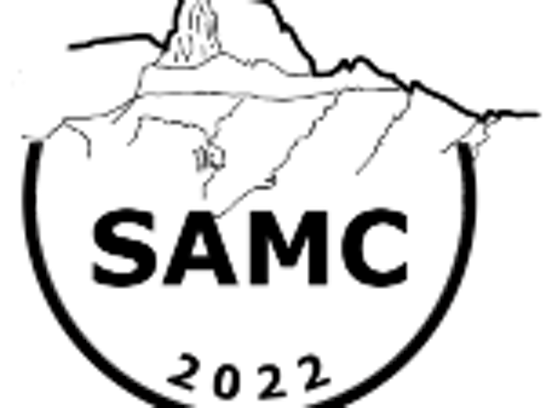Center for Global Mountain Safeguard Research - Projects - Land Degradation MD
Land Degradation MD
Monitoring SES components and understanding root causes for land degradation in the Maloti-Drakensberg
- Deutsch
- English
- Italiano
- Project duration: -
- Project status: ongoing
- Funding: Internal funding EURAC (Project)
- Institute: Center for Global Mountain Safeguard Research
The scientific cooperation between the Afromontane Research Unit of the University of the Free State (ARU-UFS, South Africa) and GLOMOS focuses on a unique and complex region, the Maloti-Drakensberg. It is the largest and highest mountain system in southern Africa and forms the north-eastern border between South Africa and Lesotho. It is the primary water catchment supplying southern Africa. The mountain headwaters are under increasing pressure from anthropogenic activities which is negatively impacting water availability and quality in downstream communities. Overgrazing, mining and farming are known to be causing critical vegetation cover loss, leading to soil erosion, increased run-off/decreased groundwater recharge and stream and river sediment loading. This will not only threaten the natural-resource-dependent livelihoods of mountain pastoralists but will also have profound impacts on water security on a regional scale.
The interdisciplinary team of GLOMOS and UFS scientists have the overarching aim of gaining a holistic understanding of the challenges facing the region and how these are interrelated across upland and lowland areas of the watershed. Within this aim, primary research topics are the following: environmental and socioeconomic monitoring systems; causes of and solutions to highland degradation; integrated watershed management in the context of upland-lowland interactions; and rural–urban–rural migration.
This research project has thus far produced two publications, namely a scientific paper published in 2021 and an edited volume (in press).
Contact person: Jess Delves
Email: jdelves@eurac.edu


